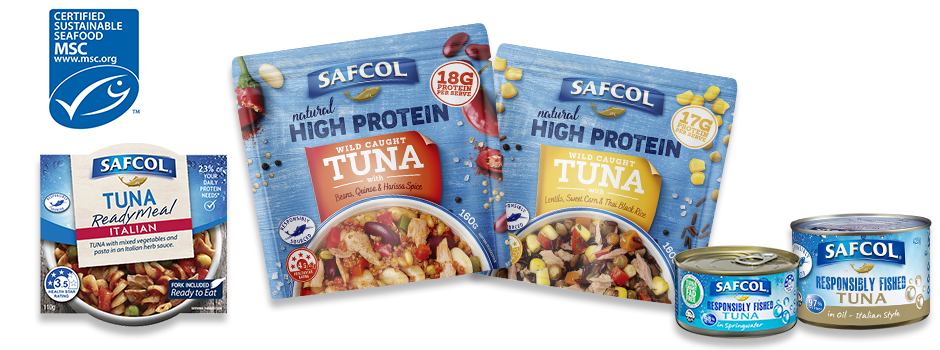by Ashleigh Feltham
Accredited Practising Dietitian and Accredited Nutritionist
The saying that everything in your body is linked is true in many ways; no more so than between thyroid and heart health. If heart health is at the top of your list, keep your thyroid health in check.
The heart muscle is the conductive system that enables the heart to beat as it should. The thyroid directly affects the heart muscle and the peripheral vasculature, which are the connected veins and arteries.
A dysfunctional thyroid with insufficient thyroid hormone can cause unhealthy fat levels in the heart and an abnormal heartbeat. If there is excess thyroid hormone, it can cause atrial arrhythmia or an abnormal heart rhythm. High blood pressure and heart failure are linked to both an excess and deficiency of thyroid hormone.
The reason for these effects is the role that thyroid hormones play in relaxing and hence dilating blood vessels, resulting in an increase in blood flow. Too much thyroid hormone, causing a rapid heartbeat and increased blood volume, can result in pulmonary hypertension — a type of blood pressure that affects lung arteries and the right side of the heart.
Thyroid hormones also promote the transfer of calcium back into the arterioles, a small branch of an artery leading to capillaries. In addition, thyroid hormones influence the gene expression of cardiac muscle cells, influencing how these cells are formed and their ability to function.
Now for the good news. These heart abnormalities are generally reversible with treatment of the underlying thyroid condition.
Key nutrients beneficial to the health of your thyroid include:
Selenium
Think of selenium as the garbage man. It clears out the waste left over from the activation of iodine by the thyroid to make hormones.
Omega-3 Fats
Many thyroid dysfunctions are due to chronic inflammation, which triggers an autoimmune response in the body. Omega-3 fats boast many health benefits, one being their potent anti-inflammatory properties. This essential polyunsaturated fat is found in great amounts in fatty seafood like sardines and salmon.
Vitamin B12
Optimal levels of this B vitamin prevent hypothyroidism or abnormally low levels of function of your thyroid gland.
Zinc, Iodine and Vitamin A
The minerals zinc and iodine, and fat-soluble vitamin A are necessary for the thyroid to produce vital hormones.
Copper
Copper is important for thyroid function. Good sources of this mineral include shellfish such as oysters and mussels.
Vitamin D
This fat-soluble vitamin acts like a hormone. Vitamin D enhances the ability of your body to absorb calcium as well as optimising immune function. Vitamin D impacts the ability of the thyroid hormones to function. Research suggests that having suboptimal vitamin D levels is linked to thyroid dysfunction. The greater the deficiency of vitamin D, the more dysfunctional the thyroid becomes.
Take home message
Healthy thyroid healthy heart. To look after the health of your heart, a lifestyle approach is best. There are many factors that influence your heart health, and your thyroid’s health is one of them. Make sure you include the needed nutrients your thyroid needs to work at its best to keep your heart healthy, and happy too.
Reference:
Thyroid Dysfunction in Heart Failure and Cardiovascular Outcomes. Lakshmi Kannan, Pamela A. Shaw, Michael P. Morley, Jeffrey Brandimarto, James C. Fang, Nancy K. Sweitzer, Thomas P. Cappola, and Anne R. Cappola.
















Comments are closed.